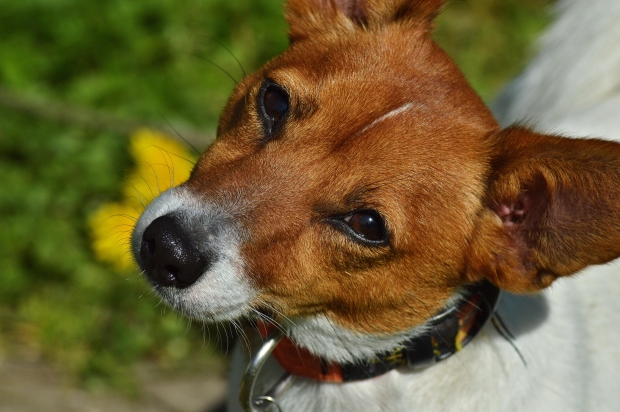 Leptospirosis is a disease that can be transmitted to humans and a small amount of other animals. It is an infection of bacterial spirochetes, which dogs acquire when subspecies of the Leptospira interrogans penetrate the skin and spread through the body by way of the bloodstream. If untreated, the disease can be fatal. In this article, I am going to discuss the the treatment and management options for Leptospirosis in dogs.
Leptospirosis is a disease that can be transmitted to humans and a small amount of other animals. It is an infection of bacterial spirochetes, which dogs acquire when subspecies of the Leptospira interrogans penetrate the skin and spread through the body by way of the bloodstream. If untreated, the disease can be fatal. In this article, I am going to discuss the the treatment and management options for Leptospirosis in dogs.
Treatment
In severe cases of Leptospirosis, dogs should be hospitalized. The primary treatment is fluid therapy which is used to reverse any effects of dehydration. If your dog is experiencing vomiting then an anti-vomitting drug, called an antiemetic, may be administered. Since a common symptom is lack of appetite, a gastric tube can be used to nourish dogs that refuse to eat or can’t keep food down. A blood transfusion may be necessary if there is severe hemorrhaging.
Depending on the stage of the infection, antibiotics will be prescribed by your veterinarian. They can be prescribed for a length of at least four weeks. For initial infections, Penicillins may be used. Although, if the disease has reached the carrier stage, Penicillins will not be effected for eliminating the bacteria. In the case, tetracyclines, fluoroquinolones or similar antibiotics will be prescribed since they can be distributed into the bone tissue.
Keep in mind that some antibiotics can have side effects that appear serious, especially in drugs that go deeper into the system. Always be sure to read the warning labels with any prescription, and talk to your veterinarian. The results are usually positive, with the exception of sever organ damage.
Living and Management
Fortunately, All Pets Veterinary Medical Center offers a vaccination for dogs diagnosed with Leptospirosis. An initial Leptospirosis vaccination is given to your puppy at 6 weeks of age or older and 2-4 weeks later. It is recommended that the Leptospirosis vaccination booster each year for your dog. Also, always make sure to inspect kennels thoroughly before placing your dog in one. It should be kept clean and rodent-free (search for rodent droppings). Avoid letting you or your dog come into contact with urine from an infected animal.
While your dog is recovering from the physical trauma of this infection, activity should be limited to cage rest. Leptospirosis is a zoonotic disease, which means it can be transmitted to humans and other animals via urine, semen and other discharges. Keeping your dog isolated from children and other pets while it is being treated and help prevent the disease from spreading. When you handle your dog or fluid or waste products you will need to wear protective latex gloves. Make sure to clean and disinfect areas where you dog has urinated, vomited or possibly left any other fluid with iodine-based disinfectants or bleach solutions. Gloves should also be worn during the cleaning process and properly disposed of afterwards.
If you do have children or other pets at home, it is possible they have been infected with the leptospira bacteria even if they are not showing any symptoms. It may be a good idea to have them (and yourself) tested for the disease to be safe. It is important to keep in mind that even weeks after treatment and apparent recovery leptospires can continue to shed through urine and other fluids. The best prevention of this disease, the possible spread or reinfection is appropriate handling practices.
















